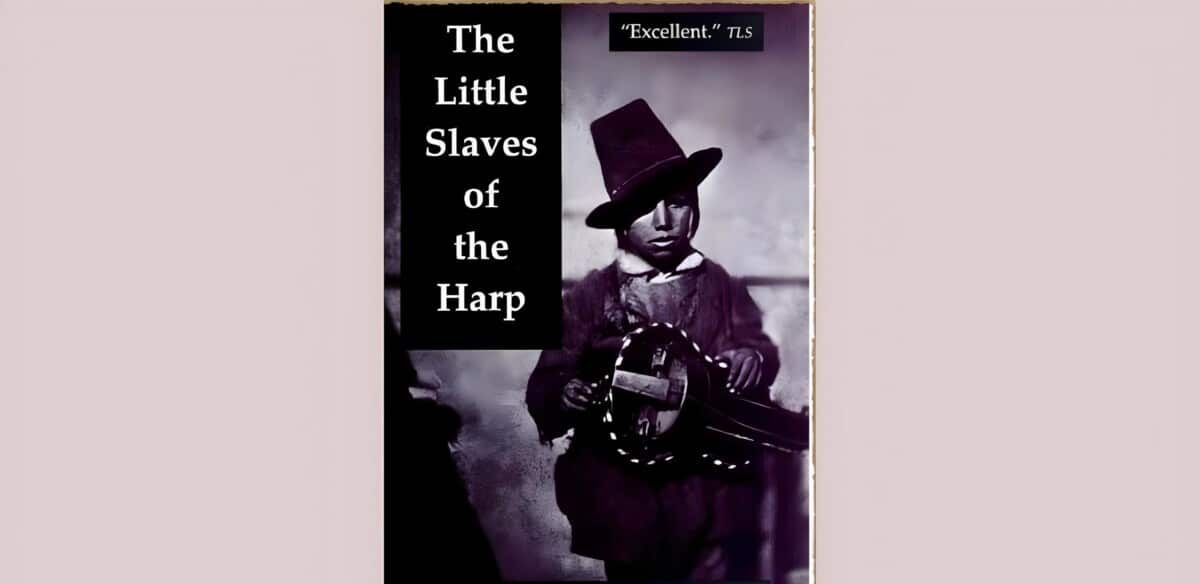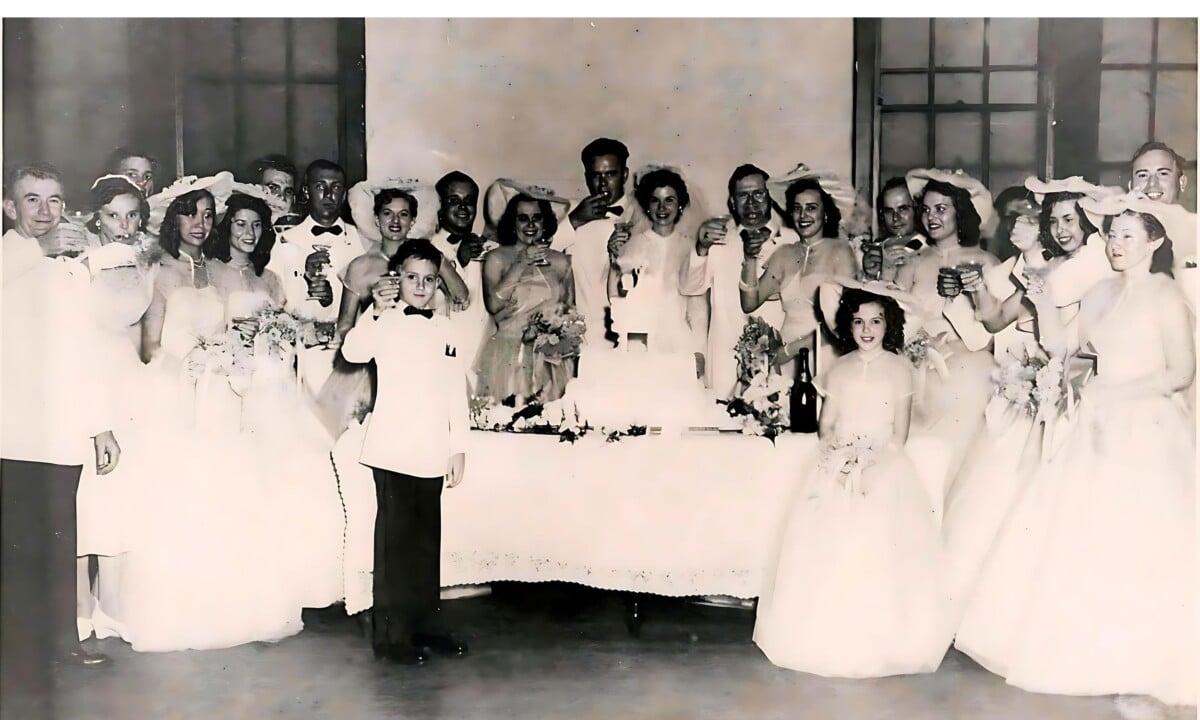
Maria, much like Natale Maestri, serves as a crucial guide in our family quest. When I reached out almost a year before our journey, seeking a knowledgeable companion, it felt like a shot in the dark. Discovering that this school teacher shared a familial journey akin to the Maestris was an unexpected joy.
Maria’s great grandfather traversed from Borgo Val di Taro to London via Vigleno, Italy—a parallel journey to that of Ferdinand and Moise Maestri, who were street musicians in London during the mid-1800s.
In our prior exchanges, I mentioned this unique historical connection, and Maria provided invaluable insights that I couldn’t have obtained elsewhere.
Filled with intrigue, my wife and I embarked on this brief pilgrimage from our base in Campi, Albareto, drawn to the enigmatic allure of Vigoleno. Our destination: the cryptic confines of the “Museo degli Orsanti” (Museum of the Orsanti).
The Orsanti

The Orsanti, known as bear trainers, are said to be the pioneers of street entertainment, credited with birthing the very essence of traveling circuses as we know them today.
Within the confines of a small museum, their intriguing tale unfolds—a narrative of itinerant life during the 1800s. These intrepid souls embarked on journeys from their humble abodes, often accompanied by underprivileged children, venturing far and wide to grace the squares of London, Paris, and Boston with their performances.


We could not help but wonder what hardships Ferdinand and his brother must have endured in search of a better life for themselves and ultimately us.
Ferdinand Maestri

Under the enigmatic guidance of his “padroni,” Francisco Labadini, young Ferdinand Maestri found himself immersed in a world tinged with both allure and uncertainty. Labadini, would assemble bands of children, orchestrating their ventures to the bustling streets of London, where they engaged in a medley of activities—peddling trinkets, beseeching alms, perhaps even dabbling in less savory pursuits, all while weaving a tapestry of entertainment to eke out a living.

Ferdinand’s teenage years unfolded akin to protagonists in a Charles Dickens novel, with Labadini casting a shadowy influence over their fate.
Eventually, the brothers, Ferdinand and Moise, would embark on a transatlantic journey to Boston, accompanied by the ambiguous figure of Labadini, their paths intertwined in a narrative teeming with intrigue and uncertainty.
Marie, daughter of Francesco Labadini, grew up in Boston alongside her sister Catarina, known as Katie. Their childhood was full of the lively atmosphere of a growing city, steeped in Italian culture. In 1873, Marie married Ferdinand Ludovico Maestri, and they had ten children over 23 years. Katie married Ferdinand’s brother, Moise Maestri. Their lives took them across Massachusetts and Louisiana, adding another layer to their family’s tale.
This was after the men arrived from theiir time in London, their father Francesco Labadini was a figurine maker, while Ferdinand and Moise were street musicians there.







